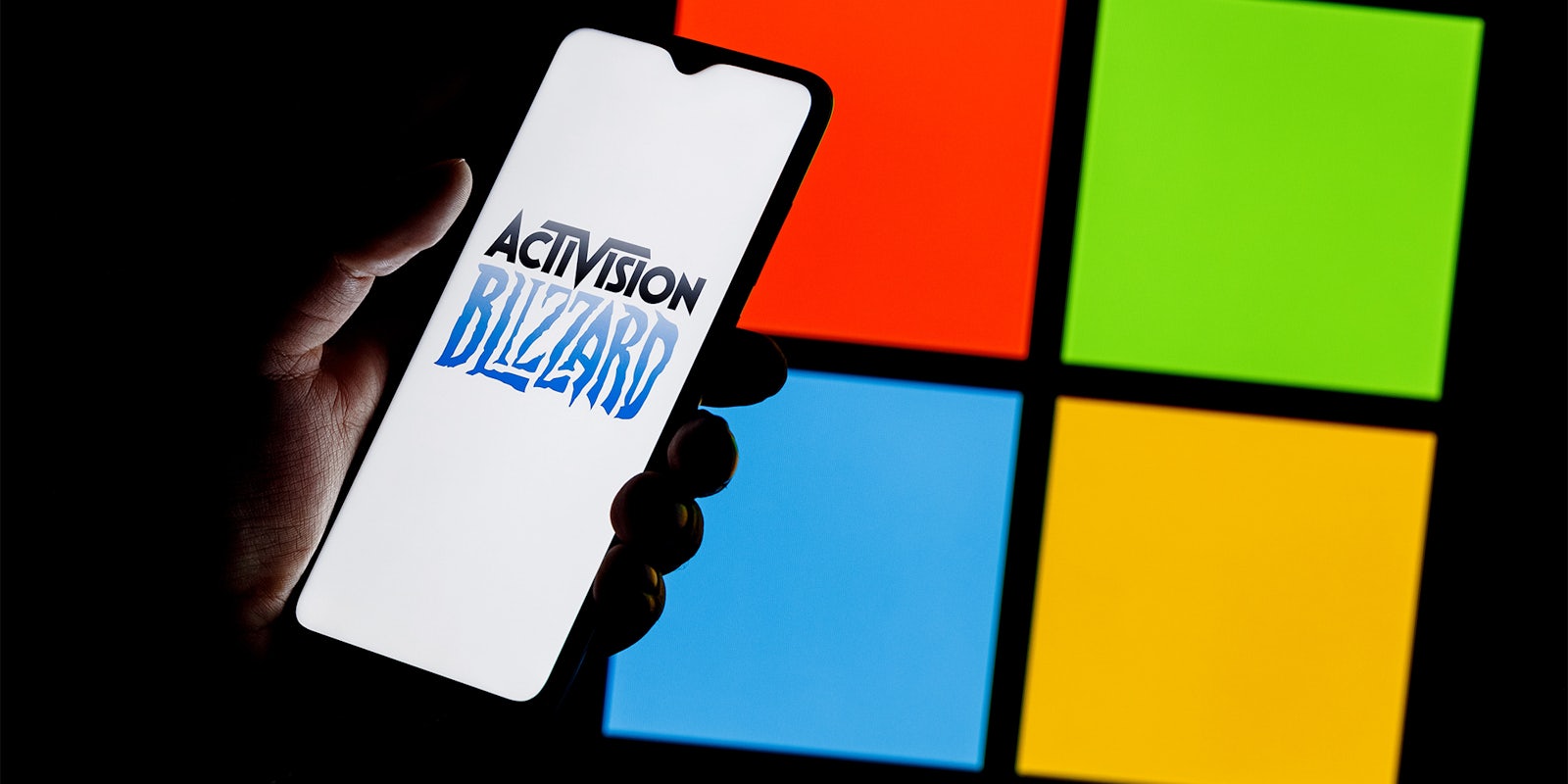On Jan. 22, Microsoft proposed a deal to acquire gaming software developer Activision Blizzard.
The Federal Trade Commission (FTC) sued to stop the merger and argued that the combination of these two companies would create a monopoly, leading to undesirable outcomes for the gaming industry. California Judge Jacqueline Corley denied the FTC’s motion on July 11.
The FTC argued the merger would lead Microsoft to withhold gaming content, reduce consumer options, hurt product quality and innovation, and confine titles to specific consoles.
The FTC began its argument by establishing the fact that Activision belongs to a cadre of four companies capable of producing AAA games. AAA’s cost the most to create, attract the most notable talent, and make the most money.
Activision Blizzard’s software combined with Microsoft’s capital, computing, and production capacity would create a monopoly and edge competitor Sony out of the market, the FTC further reasoned. The FTC identified Sony as the party positioned to lose the most due to the merger because the PlayStation 5 console alone competes with Microsoft late-generation Xbox consoles in terms of computing power.
Microsoft, the FTC argued, already dominated the monthly subscription market with its Game Pass service. It also had inroads in the cloud-based gaming market. But it needed more intellectual property to grow and looked to Activision to supply that intellectual property.
The FTC here focused on Activision’s Call of Duty, arguably the world’s biggest gaming franchise.
The FTC predicted Microsoft would limit gamers’ access to the Call of Duty franchise after the merger. It based this prediction on a prior decision by Microsoft to make several Bethesda games Microsoft-exclusive after it bought Bethesda from parent company Zenimax.
Corley questioned the FTC’s prediction, finding nothing else to support this notion in the millions of documents produced to evaluate the case. The judge added that the FTC selectively ignored the fact that Microsoft kept Minecraft on all platforms after it acquired Minecraft developer Mojang.
Critics of how the FTC handled this case hold that the Commission betrayed a considerable lack of knowledge about the gaming industry by excluding indie and mobile developers from the discussion. By concentrating its concern on the Call of Duty franchise, the FTC excluded half of the gaming industry from its concerns of whom the proposed merger could harm.
The FTC also rendered itself beholden to PlayStation’s deposition and testimony by building its argument this way. But PlayStation contributed little that furthered the Commission’s case.
PlayStation does have a monthly subscription service similar to Xbox Game Pass. But Judge Corley opined that the two don’t compete directly. PlayStation does not upload new, first-party games directly to their monthly service. It instead relies on “traditional” $70-per-game, upfront purchases. PlayStation CEO Jim Ryan in testimony identified PC gaming as PlayStation’s most direct competition, not Xbox.
Activision, like PlayStation, expressed no desire to compete with Microsoft in the subscription gaming market. Activision CEO Bob Kotick predicted subscription gaming would never prove financially viable for his company. And Activision had no plan to break into that market regardless of Microsoft’s trajectory. This testimony led the judge to rule that the FTC failed to mount a convincing argument that the proposed merger would hurt competition among subscription-based gaming service providers.
Judge Corley punctuated their decision to dismiss FTC’s motion to stop the merger by noting that the Commission had, if anything, argued against its own intended point overall. Corley conceded a single aspect of the FTC’s argument: that, in the future, the proposed merger could mean that Call of Duty will only ever be available to stream via Game Pass at the exclusion of other services.
Microsoft has since addressed this concern in two ways. In July, it agreed to keep Call of Duty on PlayStation after the merger. In late August, Microsoft also relinquished to Ubisoft the rights to all cloud-based versions of Activision for the next 15 years. This second concession was included with a modified version of Microsoft’s acquisition proposal submitted for evaluation by the United Kingdom’s Competition and Markets Authority.
Since the FTC has failed to stall the planned merger in U.S. court, Microsoft must now only gain the U.K. Authority’s consent to acquire Activision Blizzard.



